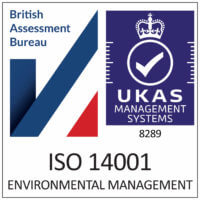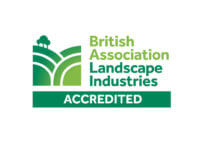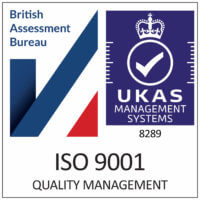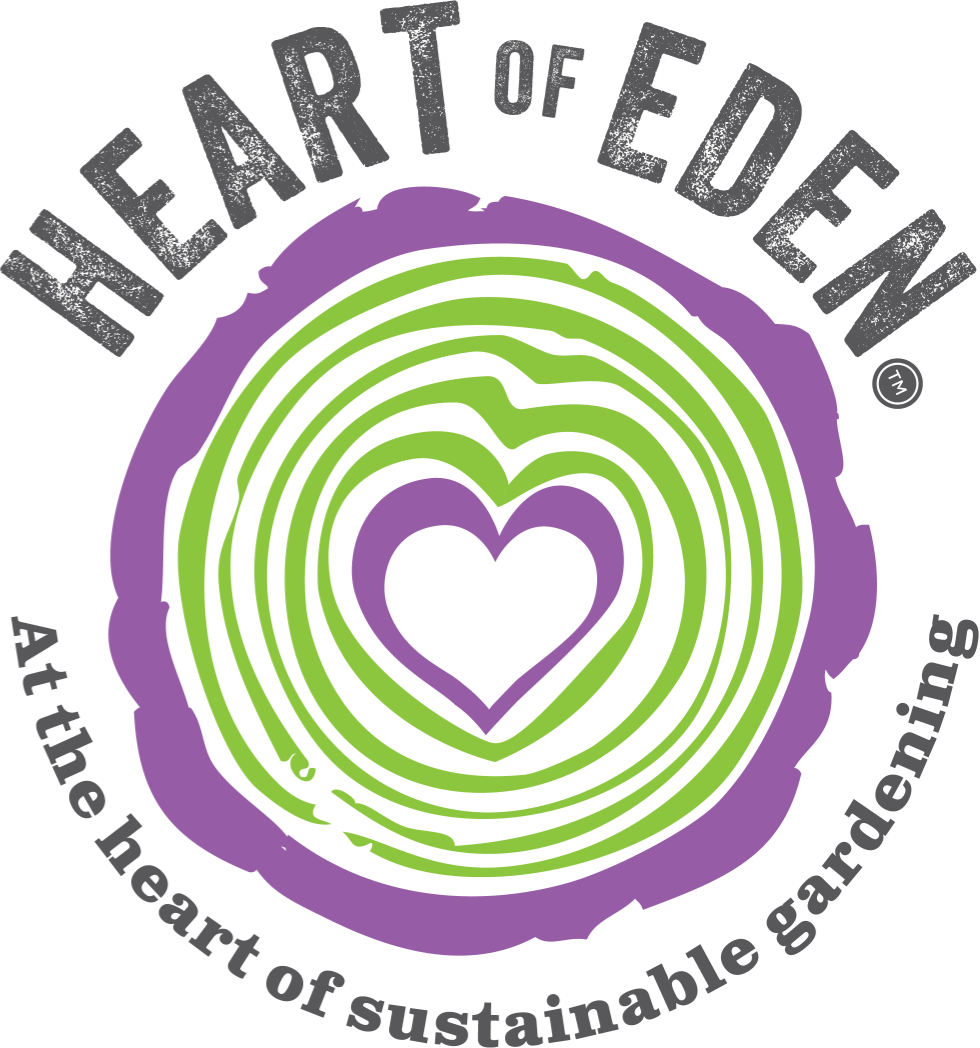Can peat-free all-purpose compost be used in hanging baskets?
Oct 12th 2023
Are you looking for a sustainable alternative to traditional compost for your hanging baskets and potted plants? Wondering if peat-free all-purpose compost can be just as effective? Look no further as we explore the possibilities and benefits of using peat-free all-purpose compost in your garden. Get ready to embrace eco-friendliness without compromising on the health and beauty of your plants.
Benefits of Peat-Free All-Purpose Compost
Environmentally friendly
Using peat-free all-purpose compost in your garden is an environmentally friendly choice that helps protect our natural resources. Peat is a non-renewable resource that is harvested from sensitive and valuable ecosystems, such as bogs and wetlands. By opting for peat-free compost, you are actively supporting the conservation of these ecosystems and reducing your carbon footprint.
Another environmental benefit of peat-free all-purpose compost is the reduction in greenhouse gas emissions. Peat extraction and decomposition release large amounts of carbon dioxide, contributing to climate change. By using alternative compost options, such as peat-free compost, you can help mitigate these emissions and promote a healthier planet.
Sustainable
One of the key advantages of peat-free all-purpose compost is its sustainability. Peat takes thousands of years to form, making it a finite resource. In contrast, peat-free compost is made from sustainable materials. These materials are readily available and can be produced in a more sustainable and responsible manner.
By choosing peat-free all-purpose compost, you can contribute to the overall sustainability of your garden and reduce the demand for peat extraction. This promotes a more balanced and eco-friendly approach to gardening, ensuring the longevity of our natural resources for future generations.
Rich in nutrients
Peat-free all-purpose compost is not only good for the environment but also beneficial for the health and growth of your plants. This type of compost is typically formulated with a balanced blend of organic matter. These components provide a rich source of essential nutrients, promoting vigorous plant growth and healthier roots.
Considerations for Using Peat-Free All-Purpose Compost
Moisture retention
One important consideration when using peat-free all-purpose compost is its moisture retention capabilities. Peat-free composts can vary in their ability to hold water, depending on the specific formulation and ingredients used. It’s essential to select a compost that strikes the right balance between retaining moisture and preventing waterlogging.
To enhance moisture retention, you can incorporate organic matter, such as well-rotted garden compost or leaf mold, into the peat-free compost. These additions enhance the compost’s water-holding capacity, ensuring your plants have a consistent supply of moisture. Additionally, regular monitoring of soil moisture levels and adjustments to watering practices will help maintain the ideal moisture balance in your garden.
Drainage
Good drainage is crucial for the success of your plants, and it is a consideration when using peat-free all-purpose compost. Peat-free composts should be well-draining to prevent waterlogging and root rot.
How to Prepare Hanging Baskets for Peat-Free All-Purpose Compost
Choose the right basket
When preparing hanging baskets for peat-free all-purpose compost, it’s important to choose the right basket for your specific needs. Consider the size, material, and design of the basket to ensure it can accommodate the plants you intend to grow and provide adequate drainage. Hanging baskets come in various shapes, sizes, and materials like wire, plastic, or woven baskets. Choose a basket that is sturdy, lightweight, and has sufficient drainage holes.
Line the basket
To prevent soil from washing out through the drainage holes, it’s advisable to line the basket with a suitable material. Natural materials like moss or coco fiber liners are commonly used and offer good water retention properties. These liners also provide a barrier to keep the compost contained while allowing excess water to drain freely. Ensure that the liner extends up the sides of the basket, effectively holding the compost in place.
Create a drainage layer
Before adding the peat-free all-purpose compost, create a drainage layer at the bottom of the basket. This layer helps facilitate water drainage and prevents waterlogging. Use materials like horticultural grit or small stones to form a layer about an inch thick. This will create a barrier between the compost and the drainage holes, ensuring that excess water can escape but the compost remains in the basket.
Planting in Hanging Baskets with Peat-Free All-Purpose Compost
Choose appropriate plants
When planting in hanging baskets with peat-free all-purpose compost, it’s crucial to choose plants that are suitable for container gardening and can thrive in the specific conditions provided by the basket. Consider factors such as light requirements, growth habits, and the height and spread of the plants. Choose a combination of trailing plants, upright plants, and filler plants to create a visually appealing and balanced display.
Place the plants in the basket
Before adding the peat-free all-purpose compost, carefully place the selected plants in the basket. Arrange them according to their growth habits and aesthetic preferences, ensuring there is enough space for each plant to grow and showcase its full potential. Trailing plants should be positioned towards the edges of the basket, allowing them to cascade and create a beautiful draping effect.
Add peat-free all-purpose compost
Once the plants are in place, it’s time to add the peat-free all-purpose compost. Fill the basket with the compost, ensuring it covers the roots of the plants and reaches the desired planting level. Gently firm the compost around the roots, taking care not to damage the plants. Avoid overpacking the compost, as this can hinder root growth and lead to waterlogged conditions.
Watering and Maintenance of Hanging Baskets with Peat-Free All-Purpose Compost
Monitor moisture levels
Proper watering is essential for the health and vitality of plants in hanging baskets. With peat-free all-purpose compost, it’s important to monitor the moisture levels to prevent both under and overwatering. Check the soil moisture regularly by inserting your finger into the compost. If it feels dry, it’s time to water; if it feels moist, hold off on watering.
Watering frequency
The frequency of watering will depend on various factors, such as the plant’s water requirements, environmental conditions, and the size of the basket. Hanging baskets tend to dry out more quickly than plants in the ground, so it may be necessary to water them more frequently. However, avoid watering excessively, as this can lead to waterlogged conditions and root rot. Aim to keep the compost evenly moist but not saturated.
Benefits of Peat-Free All-Purpose Compost in Potted Plants
Reduced environmental impact
Using peat-free all-purpose compost in potted plants offers the same environmental benefits as in other gardening applications. By opting for peat-free alternatives, you contribute to the conservation of valuable ecosystems, reduce greenhouse gas emissions, and promote sustainable practices. Potted plants are often used indoors or on balconies and patios, making them an excellent opportunity to minimize the environmental impact of your gardening activities.
Improved plant health
Peat-free all-purpose composts are rich in organic matter and essential nutrients, providing optimal growing conditions for potted plants. The absence of peat allows for better aeration of the roots, reducing the risk of waterlogging and root diseases. The nutrient-rich composition of peat-free composts ensures that your potted plants receive the essential elements they need for healthy growth and vibrant foliage.
How to Use Peat-Free All-Purpose Compost in Potted Plants
Choose the right size pot
When using peat-free all-purpose compost in potted plants, selecting the appropriate pot size is crucial for optimal plant growth. The pot should provide enough room for the plant’s root system to expand and grow. Choose a pot that allows for at least an inch of space around the roots. Avoid oversized pots, as excess soil can retain too much moisture and lead to root rot.
Ensure proper drainage
Proper drainage is essential for potted plants, as it prevents waterlogged conditions that can harm the roots. When repotting or planting in a new pot, ensure it has drainage holes at the bottom to allow excess water to escape. Placing a layer of horticultural grit or small stones at the bottom of the pot before adding the peat-free all-purpose compost will further improve drainage.
Planting and watering
When planting in pots with peat-free all-purpose compost, follow the same steps as for hanging baskets. Carefully place the plant in the pot, ensuring the roots are covered with compost up to the desired planting level. Gently firm the compost around the roots and water thoroughly to allow the compost to settle. Water regularly, adhering to the moisture monitoring and watering frequency guidelines provided earlier.
Considerations for Using Peat-Free All-Purpose Compost in Potted Plants
Compatibility with different plants
Just like in hanging baskets, it’s important to consider the compatibility of different plants with peat-free all-purpose compost in potted plants. While most plants will thrive in peat-free compost, certain species may have specific requirements. Take into account the pH preferences, nutritional needs, and water retention characteristics of the plants you wish to grow. Consider amending the compost with appropriate additives or choosing plant-specific peat-free composts to meet these requirements.
Monitoring moisture
As with hanging baskets, monitoring moisture levels in potted plants is essential to prevent both under and overwatering. The smaller volume of soil in pots means that they can dry out more quickly than plants in the ground. Regularly check the soil moisture by inserting your finger into the compost. Adjust watering practices accordingly to maintain the ideal moisture levels for your plants.
Conclusion
Using peat-free all-purpose compost in hanging baskets and potted plants offers a plethora of benefits for both the environment and the health of your plants. By opting for this sustainable alternative, you contribute to the conservation of valuable ecosystems and reduction of greenhouse gas emissions. Peat-free composts are rich in nutrients, providing optimal growing conditions for various plant types.
When using peat-free all-purpose compost, it’s crucial to consider factors such as moisture retention, drainage, and compatibility with different plants. Proper preparation of hanging baskets and pots, along with suitable watering practices and regular monitoring, ensures the success of your gardening endeavours.
Embrace the environmentally friendly choice, select the appropriate plants for your containers, and care for them diligently. With proper attention and care, you can enjoy a vibrant and flourishing garden while making a positive impact on the planet.






